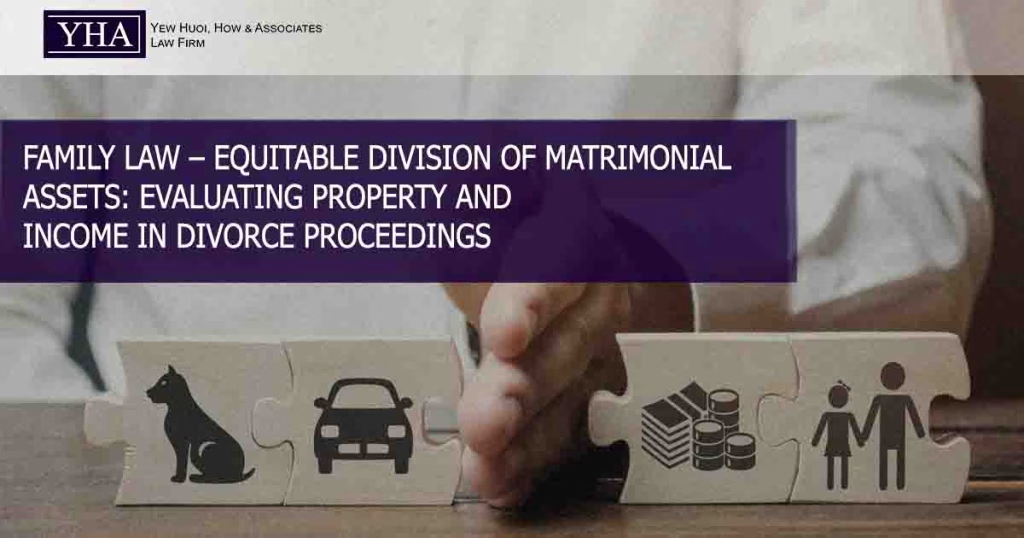Illustrative Scenario
The appellant (the husband) appealed against a High Court ruling made during divorce proceedings related to the division of matrimonial assets. The key assets in question include an apartment purchased in the husband’s name and income earned from his medical clinic. The couple married on 1.5.1983 and separated on 27.10.1990. A decree nisi was granted on 17.9.1993 and made absolute on 9.5.1994.
The apartment, bought in January 1990, was rented out until September 1993, generating RM85,900 in rental income, of which RM45,700 was used to pay off loan installments, leaving a shortfall of RM40,200. From October 1993 to April 1997 (44 months), the husband resided alone in the apartment. At the time of trial, RM90,000 remained outstanding on the apartment loan.
The husband challenged several aspects of the High Court’s decision:
- The court ordered that the apartment be valued, and after deducting the outstanding loan, half of the remaining value should be paid to the wife in cash.
- The court required the husband to pay the wife half of the rental shortfall.
- The court also required the husband to pay the wife half of the “occupation rent” for the period he resided in the apartment after the separation.
- Additionally, the husband appealed the decision to award the wife one-third of the net income from his medical clinic.
Key Issues
- Should the husband be required to pay “occupation rent” for the period he lived in the apartment after separation?
- Should the income derived from the husband’s medical clinic be apportioned to the wife?
Application to the Scenario
- The High Court’s order that the apartment be valued, with the RM90,000 loan deducted from the total value and the remaining balance divided equally, with half paid in cash to the wife, should be upheld. However, awarding separate “occupation rent” prior to the dissolution of the marriage is unnecessary.
- The husband should pay half of the occupation rent to the wife from the date the marriage was dissolved until her half share of the apartment’s value is paid in full.
- Regarding the clinic income, it was noted that no precise figure could be established for the husband’s net earnings, as the income had been used for the family’s benefit during the marriage. Given this uncertainty, it would be inappropriate to divide past income. Instead, the clinic, including its equipment and goodwill, should be valued, and the wife should be awarded one-third of this value in cash.
Reference Cases
- Ching Seng Woah v Lim Shook Lin [1997] 1 MLJ 109 – This case provides precedent on the division of matrimonial assets, supporting the fair and equitable distribution of property accumulated during the marriage.

